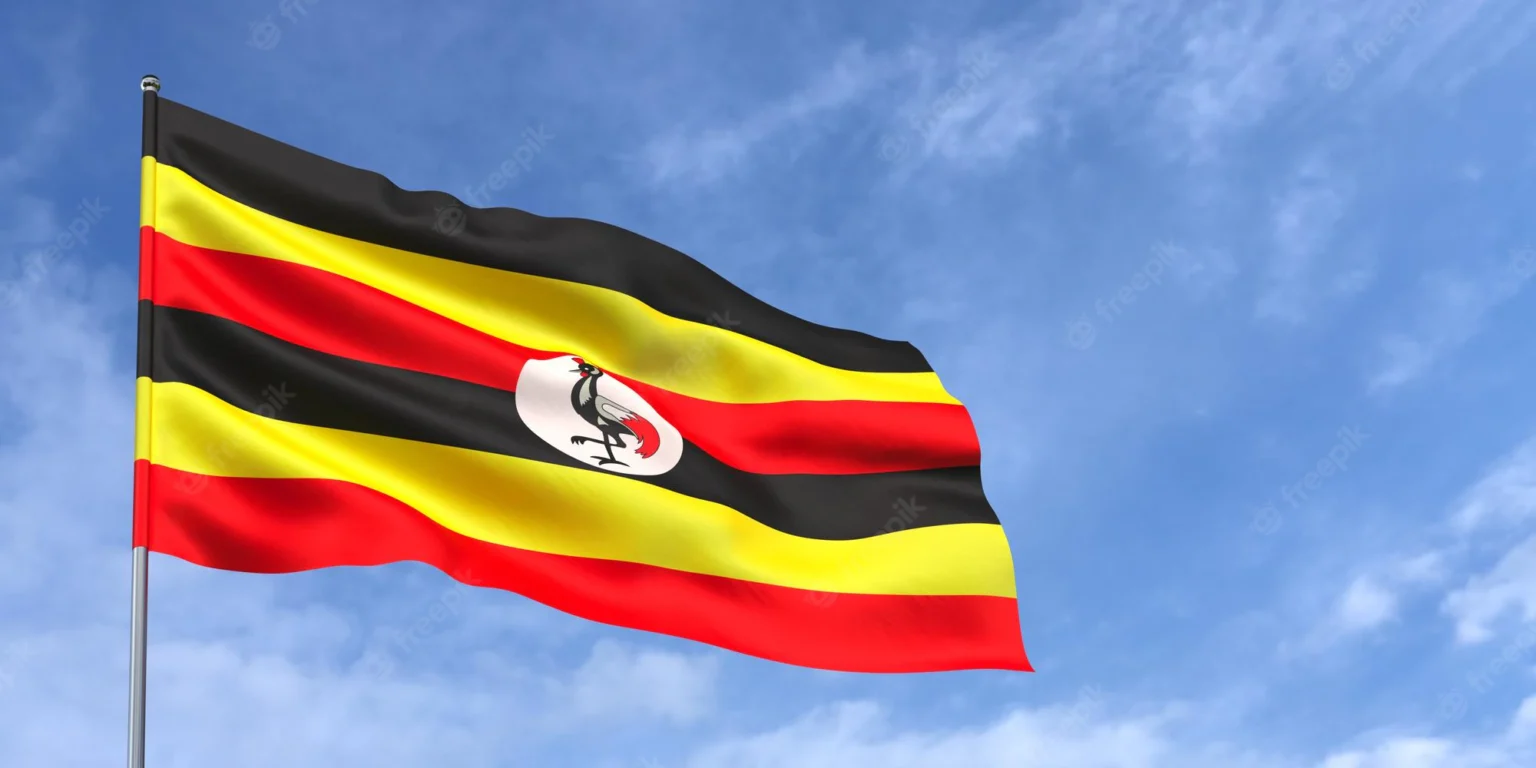- Uganda’s Ministry for East African Community Affairs is seeking $900,000 for the coordination and promotion of Kiswahili as an official language.
- The plan is part of the recommendations of a report of the Committee on the East African Community Affairs on the sector Ministerial Policy Statement for Financial Year 2023/24.
- The report cites the lack of a uniting language [Kiswahili] as a huge stumbling block to communication, a key ingredient of EAC integration.
Uganda’s Ministry for East African Community Affairs (MEACA) is seeking $24 million for the coordination and promotion of Kiswahili as an official language.
This is part of the recommendations of a report of a Committee on the East African Community Affairs on the sector Ministerial Policy Statement for Financial Year 2023/24.
The report presented to the House on Wednesday, 19 April 2023, by the Chairperson, Kisembo Basemera cited the lack of a uniting language [Kiswahili] as a huge stumbling block to communication and the EAC integration process.
According to Basemera, the ministry requires a total of $10 million to implement its mandate of steering Uganda’s regional integration agenda in accordance with the objectives of the Treaty for the Establishment of the East African Community and its implementation through the four pillars of Customs Union, Common Market, Monetary Union and Political Federation.
Several legislators agreed with the committee on the need for the Ministry of Finance to implement recommendations adopted by the House to reduce the funding gap and enable the ministry carry out its activities effectively.
National Youth Representative, Phiona Nyamutoro said that last year, the cabinet passed a resolution under the revised curriculum that Kiswahili as a language be made compulsory in both primary and secondary schools.
“Priorities like education that are fundamental to the development of the country should not be neglected. The Ministry of Finance has overtime cut the budget of education at the cost of our children and this needs urgent interventions,” she said.
Ntoroko County MP, Rwemulikya Ibanda, urged the House to pressure the Ministry of Finance to recognize the need for promotion of a common market.
Read: The fog in Tanzania’s transition to clean kitchens
“I am surprised the Ministry of Finance does not see that the EAC has expanded. Uganda has potential to sell its goods and services to these countries but people lack information. The additional money should be provided”, he said.
The East African Community Council of Ministers resolved to promote the use of Kiswahili and adopting it as one of the official languages of the trading bloc by 2027.
The Council considered amendment of Article 137 of the EAC Treaty to include Kiswahili as one of the Official Languages of the Community and directed Partner States to formulate national Kiswahili language policies and enhance the use of Kiswahili in official domains as well as initiate the process of institutionalization of Kiswahili as one of the EAC official languages through the establishment of National Kiswahili Councils and National Kiswahili Associations.
In August 2016, the regional legislative assembly, EALA, passed a resolution urging the summit of EAC to amend the treaty for the establishment of the East African Community to provide for Kiswahili as one of the official Languages of the Community. In January 2017, the resolution sailed through at the fourth Meeting-fitth session of the third assembly held in Kampala, Uganda during which the lawmakers underscored the need to elevate Kiswahili as one of the official languages of EAC from its current status of lingua franca.
Article 119 of the EAC Treaty provides for the development and promotion of indigenous languages especially Kiswahili as a lingua franca of the region. Kiswahili is not only recognized as a unifying language spoken by East Africans but it is rich in dialect and expression.
Kiswahili official language
This, therefore, means that Kiswahili will soon be adopted as an official language within the community as soon as the EAC Summit of Heads of State amend the treaty to accommodate the new resolution. After amendment, Partner States are expected to facilitate adoption of the language at the national level.
Adopting Kiswahili as the second official language within the region will therefore mean a step towards uniting the people of the region. It will also deepen and widen integration within the region. Embracing the language at the regional level will increase the participation of the people of East Africa in the affairs of the community.
Last year, EAC set out Roadmaps for Implementation of Kiswahili and French as Official Languages of the Community. This was part of implementation of the directive of the 21st Summit of EAC Heads of State that adopted Kiswahili and French as Official Languages of the EAC.
The EAC is a regional intergovernmental organisation of seven countries including Burundi, the Democratic Republic of Congo, Kenya, Rwanda, South Sudan, Tanzania and Uganda, with its headquarters in Arusha, Tanzania.

